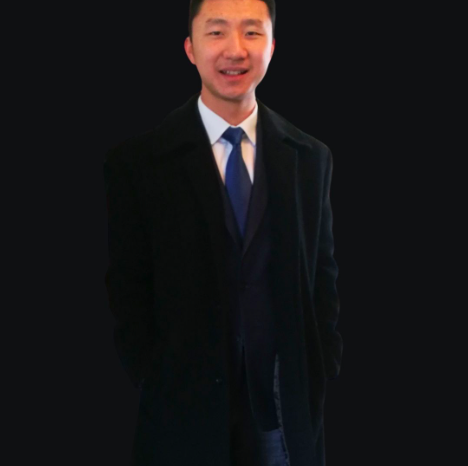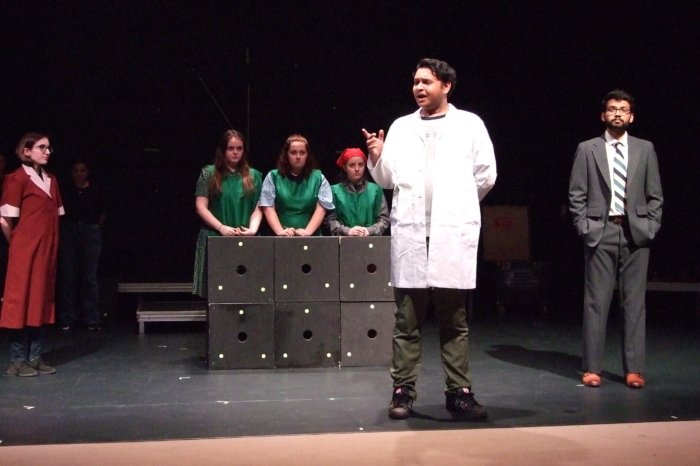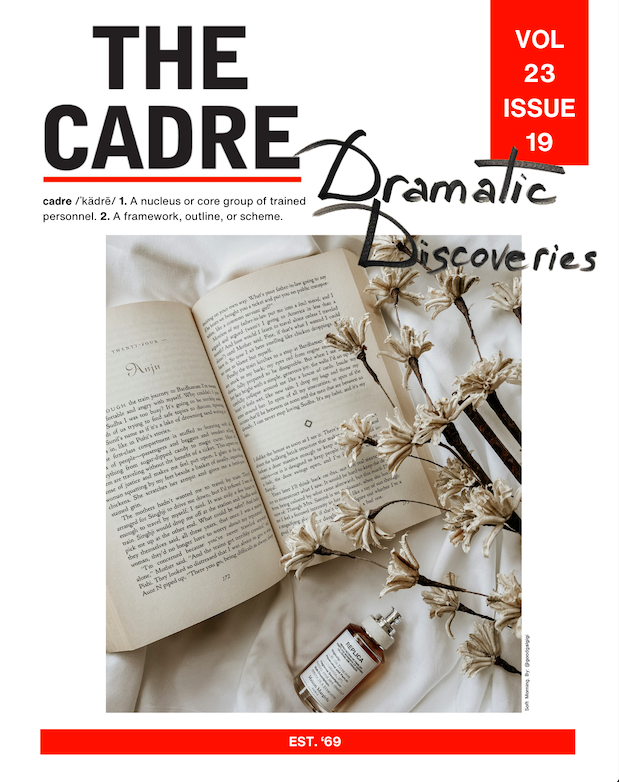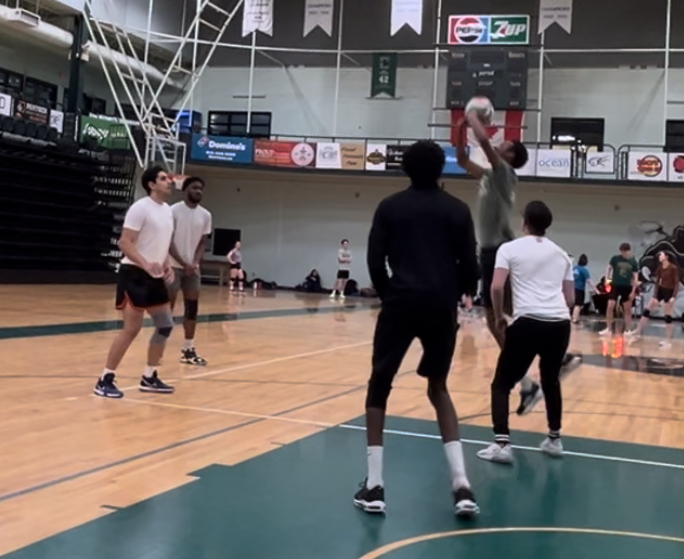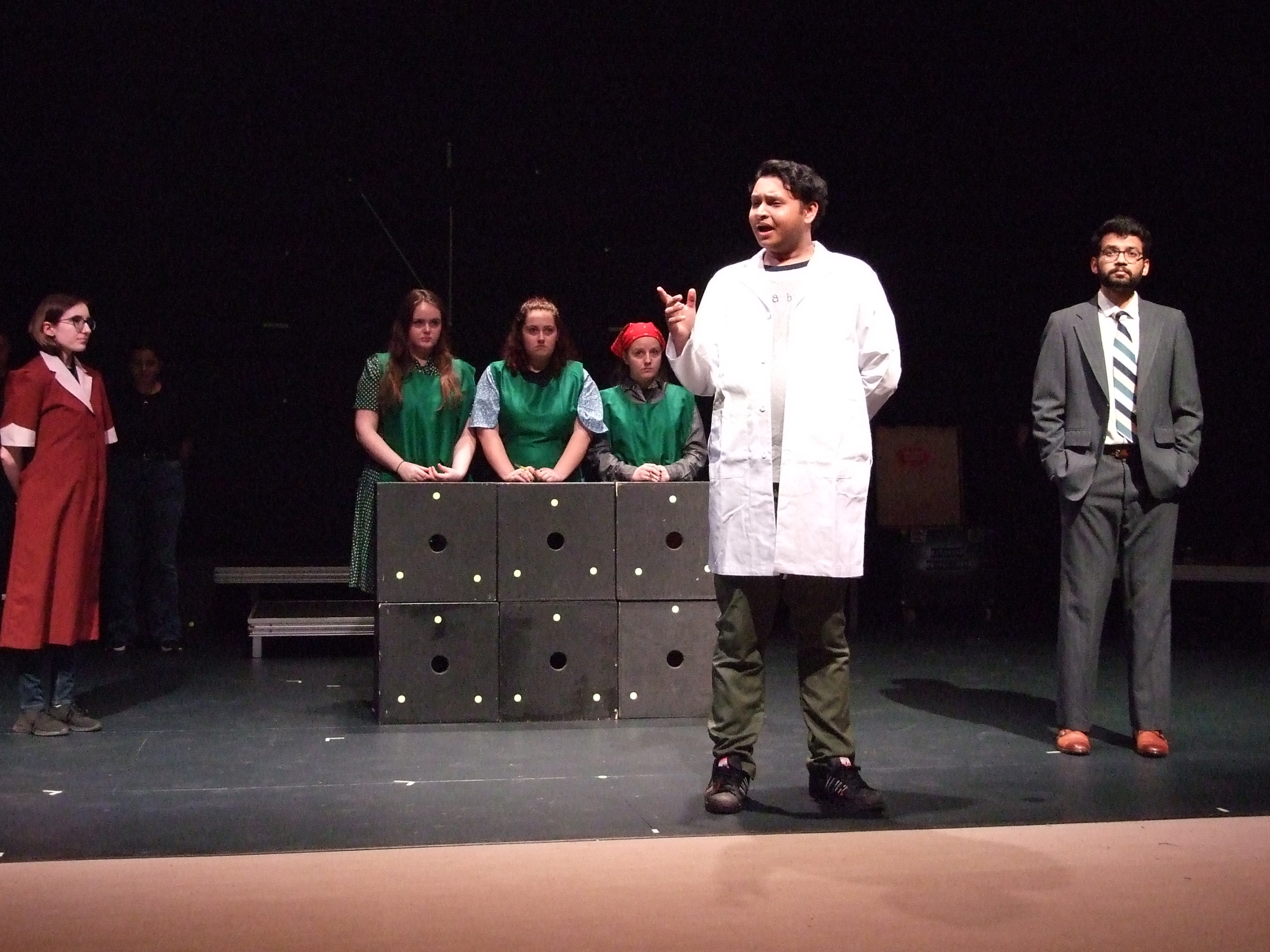At UPEI: Forget condescending to the old, try respect
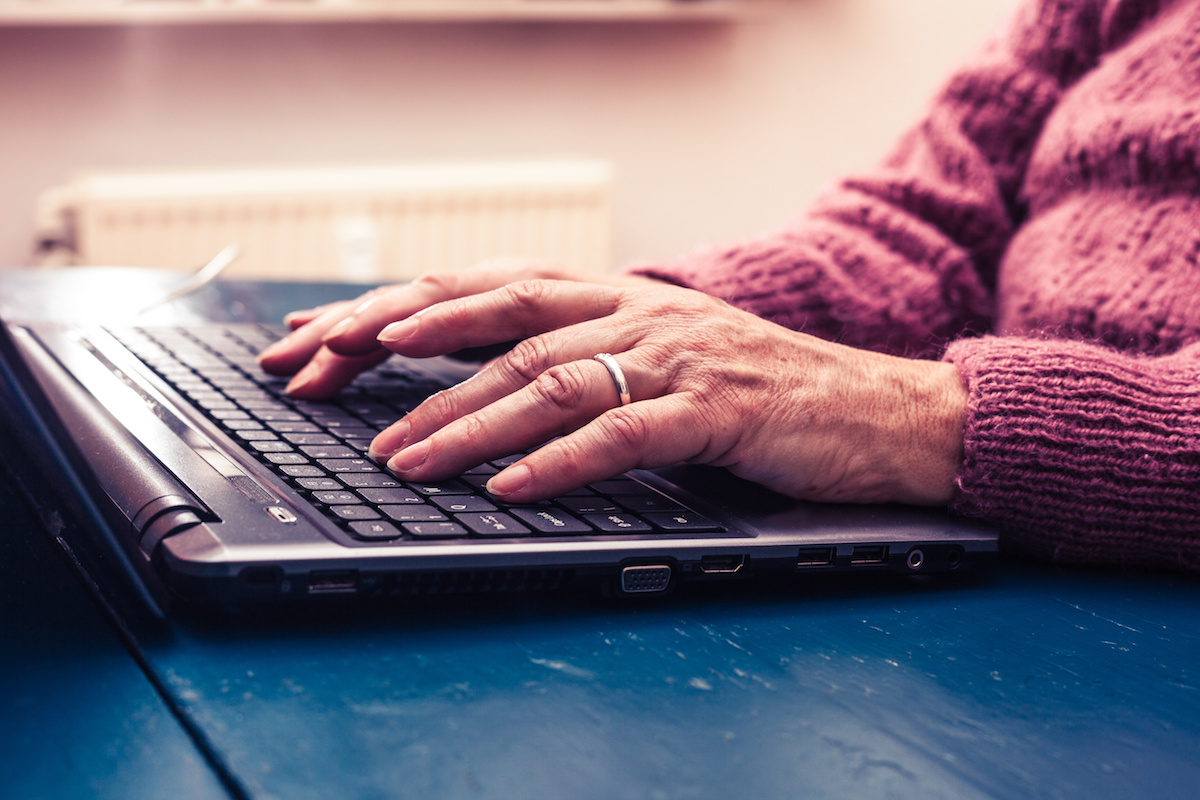
By: Ann Harvey
Ann is an English literature student at UPEI with over thirty years of experience in journalism. Her column, At UPEI, addresses several topics related to UPEI.Â
Recently, a friend, a mature student, told me a young woman had insisted on teaching her Facebook because she insisted old people don’t know these things. She was extremely assertive and would not be deterred despite this friend sputtering that she had had an account for years.
This “teacher,†who doubtless meant to be kind (damning her with faint praise), did not know and probably would not have believed that my friend has taught herself Matrix for computer programming, and a highly complex mathematical program for use in her university studies, as well as daily using a writing program.  She has taught me some computer use aspects very useful to me as a writer.
When my friend’s Facebook account opened, the “teacher†then insisted she needed changes in the account despite the fact that my friend had deliberately selected the existing options for Internet safety. I sympathized with my friend’s dismay, as I, too, have not mistakenly missed out on filling out some of the information requested. Instead, I have made choices on Facebook that preserve my privacy including declining to brag about achievements.
This uncomfortable incident illustrates the negative stereotypes about aging that can easily poison the lives of old people in and out of university.
At the same time, there is much to praise at UPEI and PEI. As another mature student at 65 years old, I have been wrestling with the changes that have occurred since my last sojourn at a university. Back in 1970 to 1974 when I earned a bachelor of science degree in microbiology, things were a lot different in classroom work and in the way a university functioned. They are probably better now. Of the 2,000 students who started first year with me at the University of British Columbia in 1970 at least half dropped out. UPEI gives students a much better chance of succeeding.
Other changes are disconcerting at times but, it’s been mainly fun and students are certainly polite and helpful. Being small and rather weak, I particularly appreciate that young men and women often help me with heavy doors. Although I am a feminist, I would never reject a kindness, especially one that I obviously need.
A huge fly in the ointment, however, is the perception many younger students have that computers and a lot of the other aspects of our technology are a mystery to people my age. Although researching for a project in 1973 required submitting relevant words and phrases at a university library and then awaiting the resulting suggested reference papers dredged up by a mainframe, it did not take long for personal computers to enter the workforce. Having abandoned science to study and then work in print journalism, I first wrote stories — which is what we call news, features and opinion — on a computer in 1978.
When the Internet became generally available in newsrooms in the 1990s, journalists quickly learned that it would allow us to do a better job as we could “do our homework†in advance and understand assignments more readily. An aspect I particularly like is the ability to check on interview subjects who assert expertise or a blameless life. While there is something regrettable about the diminished ability for people to reinvent themselves, it sure comes in handy in helping journalists avoid being gulled and subsequently spreading misinformation.
When the task of creating the pages moved to editorial staff, I had fun learning the complex programs needed. I have always regarded learning new things as a job perk. Of course, it helped that I soon learned YouTube offers free tutorials for the programs journalists use, and I confess, I also frequently surf this site for amusement.
Computers entered the entire workforce, and it would have taken some effort or a particularly stagnant employer to avoid them even for those doing labouring jobs. People my age have been computer literate for longer than many of my fellow students have been alive.
Like those students, I and most people my age have been seduced or coerced into social media. Yes, we old people really do have Facebook accounts allowing us to easily keep in contact with friends and relatives although many of us, being older, more experienced, and much more cynical, avoid guilelessly spilling information on this site. I have a Twitter account too. Friends of mine also use Pinterest, Etsy, Reddit, MySpace et cetera, et cetera. We all use Skype or Facetime.
So, please temper your considerable kindness with respect. We have earned it.
